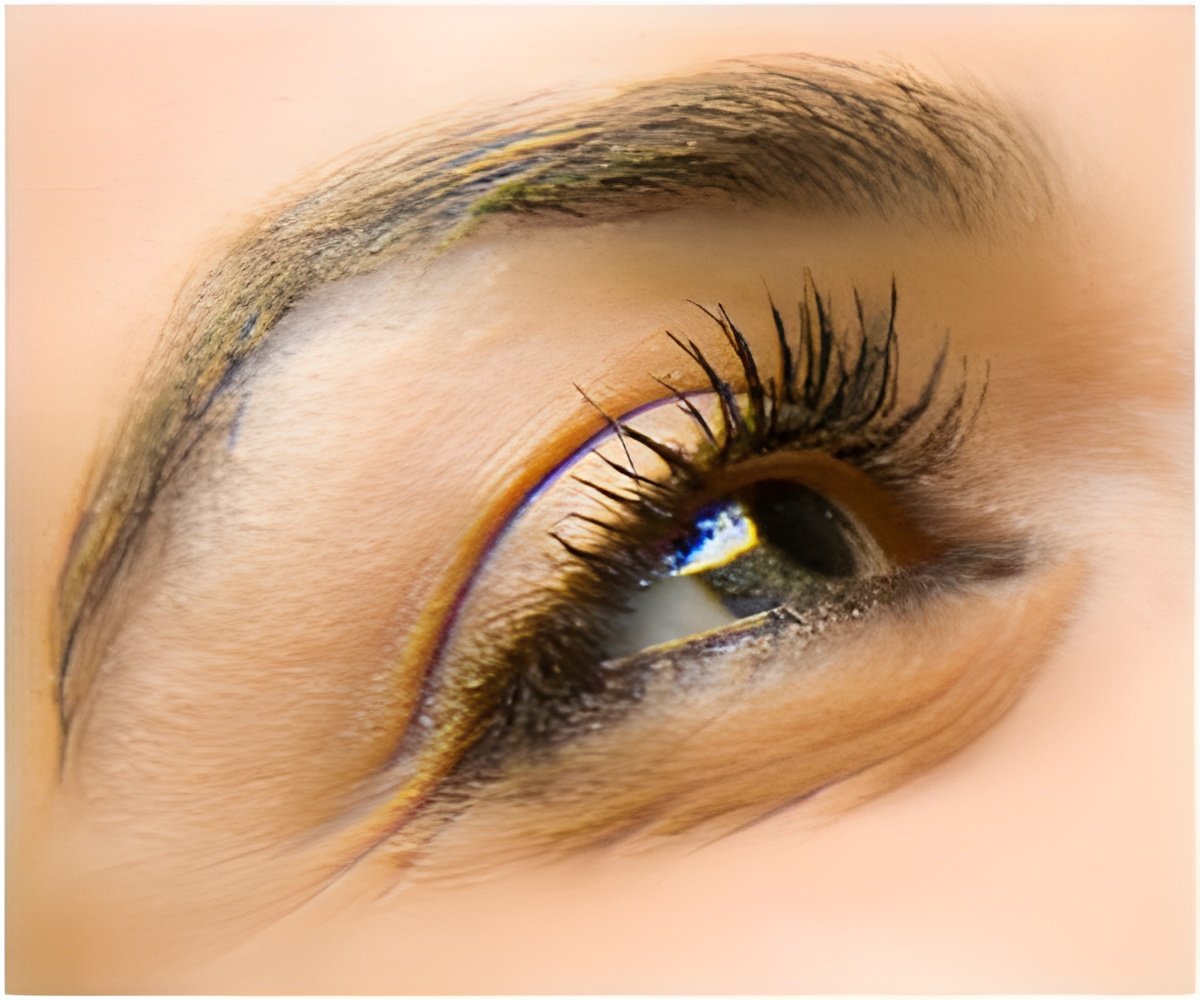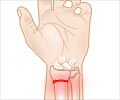
In a country where the three most popular sports -- football, rugby and cricket -- are dominated by men, women are relegated to the background, especially when it comes to the press.
"We measure the media coverage given to women's sports in this country and it's less than five percent, so it's a big problem," says Sue Tibbals, chief executive of the Women's Sports and Fitness Foundation (WSFF).
In Britain, not one woman was among the ten names shortlisted in 2011 for the BBC's "Sports Personality of the Year", a popular annual competition based on a public vote.
This dearth of exposure is coupled with a lack of sporting culture in the female population and an absence of investment in sporting disciplines practised by women.
According to a recent study by the Commission on the Future of Women's Sport, a British body, only 0.5 percent of the sponsorship market in Britain goes to women's sports, compared with 61.1 percent to men.
Advertisement
Many people hope, however, that the 2012 Olympics will change all this, by putting the spotlight on female British athletes who can become role models for others.
Advertisement
The decision in 2005 to host the Games in London has resulted in an effort by British companies and the media to push women's sports, notes Tibbals.
But she adds: "I think what has more impact, arguably, is seeing so many athletes also being used in advertising."
Even before the first medals have been issued, Jessica Ennis, cycling champion Victoria Pendleton, swimmers Rebecca Adlington and Keri-Anne Payne, and synchronised swimmer Jenna Randall, among others, are the faces of major publicity campaigns and the cover girls for a host of magazines.
"The most important thing is being able to create more profile for sportswomen, so that first of all we can shift the sports culture that is still broadly so much about mens' sports, so it becomes more culturally normal for girls and women to do sports," says Tibbals.
Fewer than one in five women in Britain do enough sporting activity to stay healthy, according to Tibbals -- a much lower proportion than among men.
The gap widens between boys and girls from the age of eight and grows in adolescence, according to a study pulished in June by the universities of Newcastle and Strathclyde.
"One of the important things is that most girls don't see sport as cool," says professor Mark Pearce of Newcastle University.
"We need to be tackling these issues earlier by encouraging girls to exercise, by providing a wider range of opportunities than are currently on offer and by ensuring they see positive female role models, particularly in the media."
The absence of sports participation, sometimes reinforced by aesthetic prejudices (muscles can be seen as less than becoming for a woman), have grave consequences in terms of public health.
At the age of 39, the Olympic medal-winning heptathlete Denise Lewis who will cover the London Games for the BBC, hopes that women will do more sport to stay in shape, preoccupied as they are about their appearance.
"When you get to my age, it is about being fit for life, it is not about breaking records," she said.
"I just want to maintain a decent shape and be healthy."
Source-AFP











